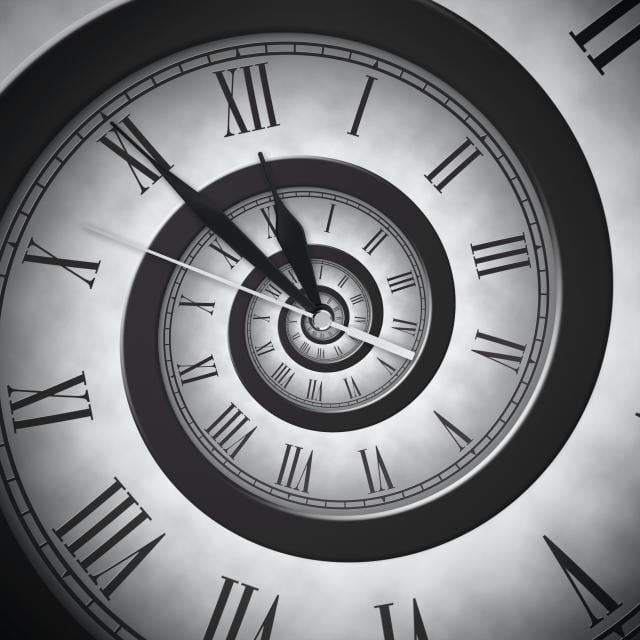MOOC List is learner-supported. When you buy through links on our site, we may earn an affiliate commission.

MOOC List is learner-supported. When you buy through links on our site, we may earn an affiliate commission.
Syllabus
WEEK 1
Introduction to 'chronobiology'. What sorts of rhythms are observed in nature? Most of the lecture will be spent on describing daily or circadian rhythms in organisms from bacteria to man.
WEEK 2
Circadian rhythms synchronise to the 24-hour environment. Organisms use specialised photoreceptors to do this and they display characteristic properties in this process. We experience this active synchronisation process for example when we suffer from jet lag!
WEEK 3
We will discuss the elaborate molecular mechanisms that allow circadian clocks to produce their daily rhythms and to synchronise them to its environment. We will compare these mechanisms in a wide range of organisms.
WEEK 4
Circadian clocks serve to orchestrate physiology and metabolism in a coordinated way over the course of the day. Therefore, practically all processes in an organism are regulated outputs of the clock. We'll discuss examples of these processes and ideas about how this circadian regulation works.
WEEK 5
With the appreciation of the clock’s global control, we proceed to discussing how much this temporal programme controls our lives from birth to death and how much we mistreat the circadian clock in modern life.
WEEK 6
Finally, we will look at the clock’s relationship to pathology. What are the consequences of living against the clock, what happens if the clock ‘breaks’, and how can we use our knowledge about the circadian system in medical diagnosis and therapy.
MOOC List is learner-supported. When you buy through links on our site, we may earn an affiliate commission.
MOOC List is learner-supported. When you buy through links on our site, we may earn an affiliate commission.
